UW Farm Weekly Dirt: Community Engaged Learners
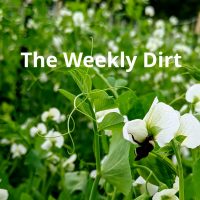
The campus farm has welcomed CELE students whenever possible, regardless of their major, department, or year at UW. This year we welcomed 69 students from six classes, primarily from English and Environmental Studies courses.
Read moreSelected Plants at the Washington Park Arboretum in honor of the Monday Volunteer Group

A fantastic group of volunteers has recently spent weeks weeding blackberry and ivy out of a group of collections north of the bus turnaround and south of parking lot #4 along the easternmost trail near the Broadmoor fence. The volunteers spread many truckloads of mulch in the area to help suppress future weed growth. This post is dedicated to the Monday Volunteer Group and highlights some of the interesting plants in this area.
Read moreUW Farm Weekly Dirt: Incorporating Environmental Justice at the UW Farm

As the Environmental Justice Intern for the Spring quarter, it was my goal to host an event to introduce people to the Farm and have them feel welcomed. The intended guests for this event were people of color, and specifically, registered student organizations focusing on marginalized identities. In recent history, outdoor spaces have been viewed, and statistically found, as white spaces.
Read moreJune 2022 Plant Profile: Enkianthus campanulatus

Imagine you walk deep into a woodland in Japan, the Hokkaido region, and along a rocky creek side you see these small clouds of nodding bell-shaped flowers. Hues of pink, maybe yellow, some with striations of red (hence it’s English common name, red-veined enkianthus).
Read moreSelected Plants from the Pacific Connections New Zealand Garden
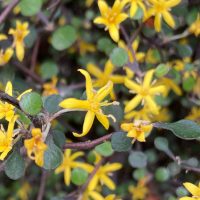
1) Corokia cotoneaster Wire-netting Bush
The common name of this species of Corokia aptly describes its wiry branches and tangled growth form. In late spring, small, fragrant yellow flowers are produced singly or in clusters up to four.
Several specimens of this and the following selections are currently in bloom throughout the Pacific Connections New Zealand Garden.
2) Phyllocladus alpinus Mountain toatoa
P.
Read moreSelected Plants from the Washington Park Arboretum
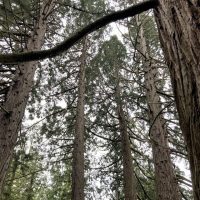
1) Sequoiadendron giganteum Sierra Redwood
These impressive trees are scattered around Seattle and West Seattle.
The grove on the western border of the Pinetum is worth a visit (located at: 101-48-K). Feel the “vibe”!
2) Platanus orientalis Oriental Plane
This is a excellent urban tree.
You’ve probably zoomed past a good example many times along the Lake Washington Boulevard (located at: 31-54-C).
Spring in the Woodland Garden 2022
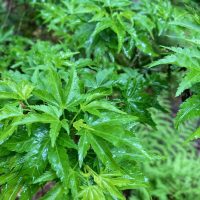
1) Bright Green Maples
Even the common color of green inspires hope and energy in spring. Here are two exceptional examples:
Acer palmatum ‘Shishigashira’, known as the Lion’s Mane maple, was so named for the curled, bunched up leaves at the ends of short, stout stems.
Acer japonicum ‘Ed Wood’, located in the Signature Bed at the Graham Visitor Center, sports exceptionally robust foliage for a blast of color in both the spring and autumn.
2022 Speaker Series: New Directions in Public Gardens

As a public garden, it is vital that we work with integrity to serve all communities and make sure our spaces and programs are welcoming and relevant to all.
At UW Botanic Gardens, we are thinking deeply about the mission of our organization and public gardens as a whole. We see ourselves as a resource for community education and engagement, a steward of urban green space for recreation and restoration, and curators of collections with important conservation value.
A Vibrant, Welcoming and Diverse Future for UW Botanic Gardens: UWBG’s Co-Directors in Conversation
“The Arboretum is over 230 acres and it is absolutely a public space. And when we say public that means everyone, not just the people that live close by,” says Christina Owen, co-director of UWBG.
Read moreI’m Lichen What I’m Seeing!
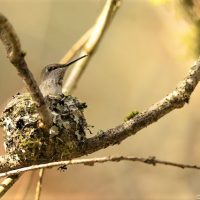
Let’s dip our toes into the bizarre world of lichens! Lichens are those interesting, colorful, strange little growths found on trees and stones that are commonly mistaken for moss. Lichens and mosses can certainly grow together and often do, but they are far from the same thing. These underappreciated epiphytes are actually not even plants at all. They are a symbiotic combination of fungi and algae which form an estimated 3,600 (and counting) different species of lichen throughout North America.
Read more